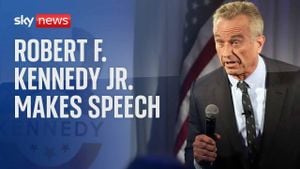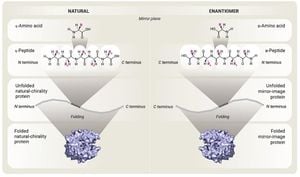Lebanon's economic future hangs delicately on the outcomes of its budget draft discussions for the fiscal year 2023-2024. With financial pressures mounting amid widespread challenges and the need for substantial reforms, the nation's leaders face the task of balancing growth with austerity. Minister of Finance Ahmad Khaijouk has recently detailed several key indicators from the draft budget, aiming to shed light on Lebanon's economic path forward.
The proposed budget indicates total revenues reaching approximately 2 trillion and 544 billion Lebanese pounds, which translates to about 99.5% of the revised target. A significant portion of this revenue stems from tax collections, totaling around 1 trillion and 629 billion pounds, marking 106% of the established targets. These figures are more than just numbers; they reflect the government’s attempts to stabilize the economy amid trying circumstances.
During the discussions held at the parliamentary budget committee meeting, Khaijouk emphasized the country's necessity for support, pointing out total grants expected to amount to 11.9 billion pounds, roughly 90% of the originally projected numbers.
Lebanon has also been grappling with its expenditure levels; the draft budget states total spending could reach 3 trillion and 55 billion pounds—confirming 90% execution of the revised targets. Within this scope, salaries constitute about 513 billion pounds, alongside substantial allocations for social support, totalling 573 billion pounds. Notably, the government earmarked 512 billion pounds for acquiring non-financial assets, signaling potential investments to boost infrastructure or public services.
Khaijouk's presentation did not shy away from more sobering statistics. The economy was thought to grow at 4.5%, but due to various hurdles, projections were adjusted downward to only 2.4%. Inflation, projected originally at 13.2%, has surged to 36.2%, dramatically eroding purchasing power for everyday Lebanese citizens. Not to forget the currency's depreciation, which averaged around 36 pounds to the US dollar during the year, contributing to the overall economic distress.
These financial strains led Khaijouk to remark on the government's resilience through what he termed significant efforts. A key highlight was the impact of the 'Ras al-Hikma' project, which brought approximately 510 billion pounds to the budget through community investments and was noted as contributing nearly 3.6% to the gross domestic product (GDP).
With all of these challenges, the government's plans entail not just maintaining stability but also fostering growth. The minister expressed hopes for achieving a primary surplus, aiming at around 2.5% of GDP, which translates to approximately 296 billion pounds from what had originally been budgeted.
This budget proposal is more than routine paperwork; it's Lebanon's plea for reconstruction and economic revival, following years of financial writs and social grievances. It exemplifies efforts to build confidence among international stakeholders, particularly alongside the country's quest for international funding and investment. Critics, along with supportive voices, await the finalization of this draft, with the nation’s fiscal health potentially resting on its reforms and missteps.
Officials anticipate lively debates among members of parliament, elevated emotions, and diverse opinions, but all agree on the urgency of prudently managing the economic turbulence. The government hopes to steer clear from past pitfalls and initiate real changes, leveraging this budget as the first step toward renewed hope for the Lebanese economy—one marked by resilience rather than despair.



